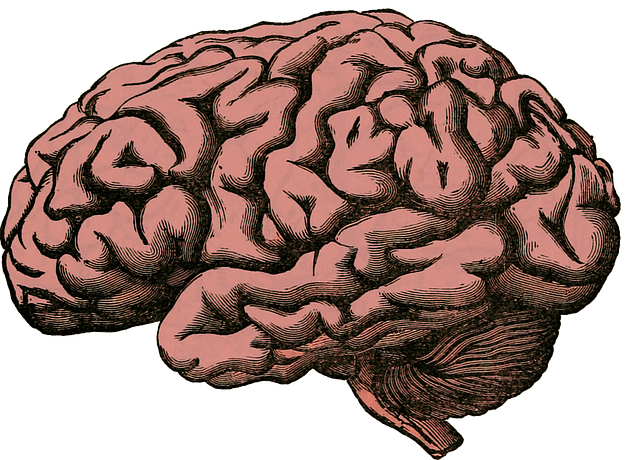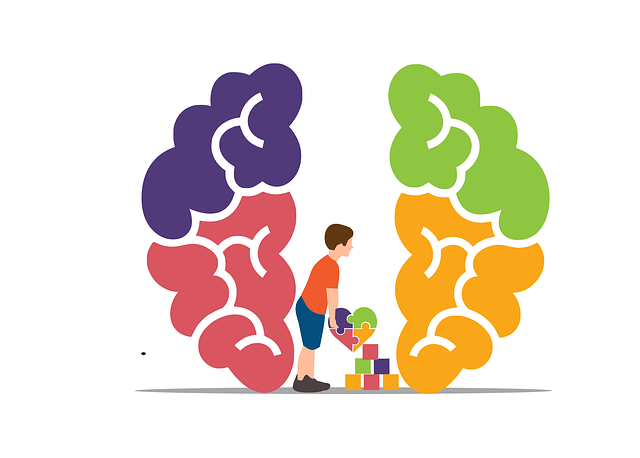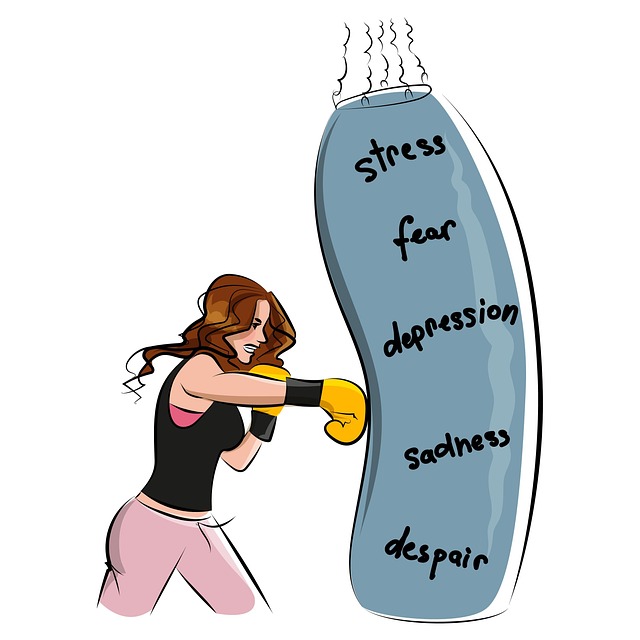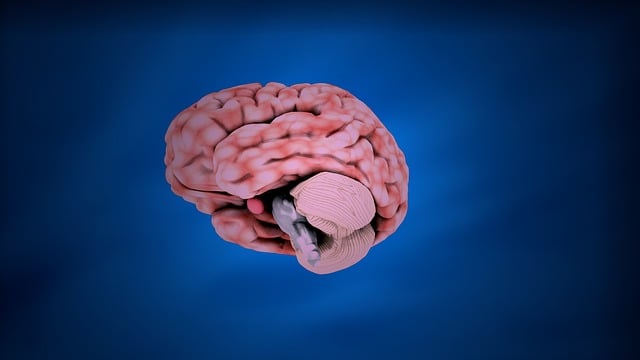Cultural competency in healthcare, as highlighted by the Broomfield Model, uses ERP Therapy to simulate crisis scenarios from diverse cultures. This exposure-based approach trains mental health professionals in effective communication and risk management through role-playing and case studies. By gradually confronting different cultural contexts, providers build confidence and resilience, leading to improved patient outcomes with tailored care. Adopting such training, like Broomfield Exposure and Response Prevention (ERP) Therapy, enhances cultural sensitivity, fosters trust, and improves healthcare delivery for diverse patient populations.
Cultural competency training is an essential aspect of modern healthcare, aiming to bridge the gap between diverse patient populations and medical professionals. This article explores a comprehensive approach to cultural competency using the Broomfield Model, which integrates exposure and response prevention therapy techniques. We delve into effective training methodologies and implementation strategies that can revolutionize patient care. By enhancing cultural understanding, healthcare providers can improve outcomes and foster better relationships with patients from various backgrounds, making this an indispensable tool for medical education.
- Understanding Cultural Competency in Healthcare: The Broomfield Model
- Training Approaches and Methodologies for Effective Learning
- Implementation Strategies to Enhance Patient Care and Outcomes
Understanding Cultural Competency in Healthcare: The Broomfield Model

Cultural competency is an essential aspect of healthcare delivery, ensuring that providers can effectively interact and care for a diverse range of patients. The Broomfield Model offers a comprehensive framework to understand and enhance cultural competence. This model draws inspiration from Exposure and Response Prevention (ERP) Therapy, a well-established technique in treating anxiety disorders. By simulating and gradually exposing individuals to their fears, the therapy helps them manage and overcome responses, thereby building confidence and reducing anxiety.
In the context of healthcare, the Broomfield Model employs similar principles but with a focus on cultural scenarios. It involves guiding mental health professionals through various crisis intervention situations, representing different cultural contexts and challenges. Through this exposure, providers learn to apply effective communication strategies, navigate sensitive topics, and offer tailored care while adhering to best practices in risk management planning. The model’s step-by-step approach encourages professionals to embrace Mind Over Matter principles, fostering resilience and improving patient outcomes.
Training Approaches and Methodologies for Effective Learning

Effective cultural competency training in healthcare involves a blend of interactive and theoretical methodologies. Role-playing scenarios, case studies, and group discussions are powerful tools to simulate real-world interactions between providers and diverse patients. These approaches foster an immersive learning experience, allowing professionals to practice navigating cultural nuances, challenging stereotypes, and responding sensitively to different needs.
One innovative technique gaining traction is Exposure and Response Prevention (ERP) therapy, a method inspired by cognitive behavioral therapy (CBT). ERP involves gradual exposure to culturally diverse scenarios while promoting evidence-based responses. This strategy builds resilience and confidence in mental health professionals, equipping them with the skills to conduct thorough risk assessments (a crucial aspect of patient care) and deliver compassionate services across various cultural contexts.
Implementation Strategies to Enhance Patient Care and Outcomes

Implementing effective cultural competency training programs is a strategic move to enhance patient care and outcomes, especially within diverse healthcare settings. By fostering cultural sensitivity in mental healthcare practice, providers can better understand and address the unique needs of various patient populations. This approach not only reduces potential barriers but also promotes improved communication and trust between caregivers and patients from different backgrounds.
One such innovative strategy, Broomfield Exposure and Response Prevention Therapy, has gained recognition as a powerful tool to combat burnout prevention strategies for healthcare providers. Through controlled exposure to cultural scenarios and subsequent response prevention techniques, professionals can enhance their ability to navigate diverse environments. This method allows them to manage potential triggers, reduce stress, and improve overall well-being while delivering quality care. Integrating such training into existing healthcare provider cultural competency training curricula can lead to more inclusive practices and better patient outcomes.
Cultural competency training, as exemplified by the Broomfield Model and its Exposure and Response Prevention Therapy, is a transformative tool in healthcare. By employing effective training methodologies and implementation strategies, providers can significantly enhance patient care and outcomes. Integrating cultural awareness into practice not only improves access to care but also fosters more meaningful connections between providers and diverse patient populations. This article has explored the importance of such training, highlighting practical approaches to improve healthcare delivery in a culturally diverse world.














